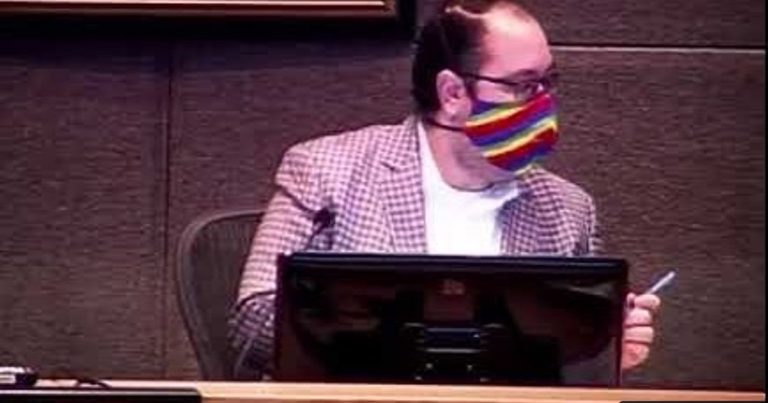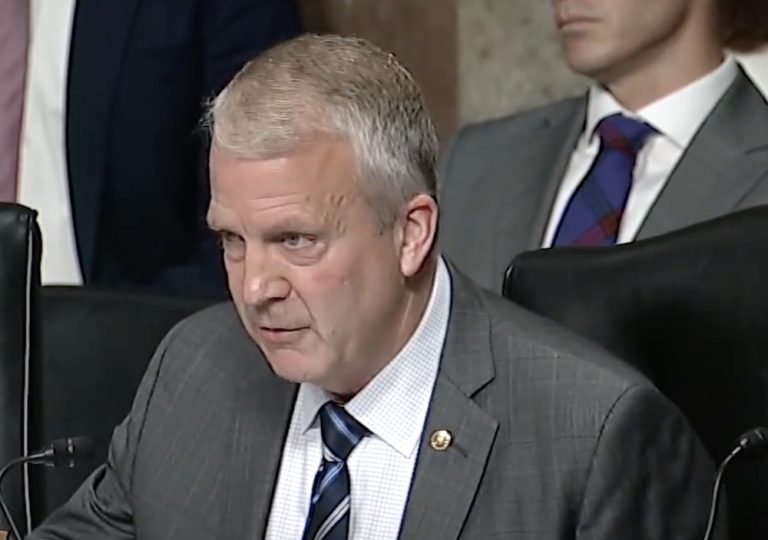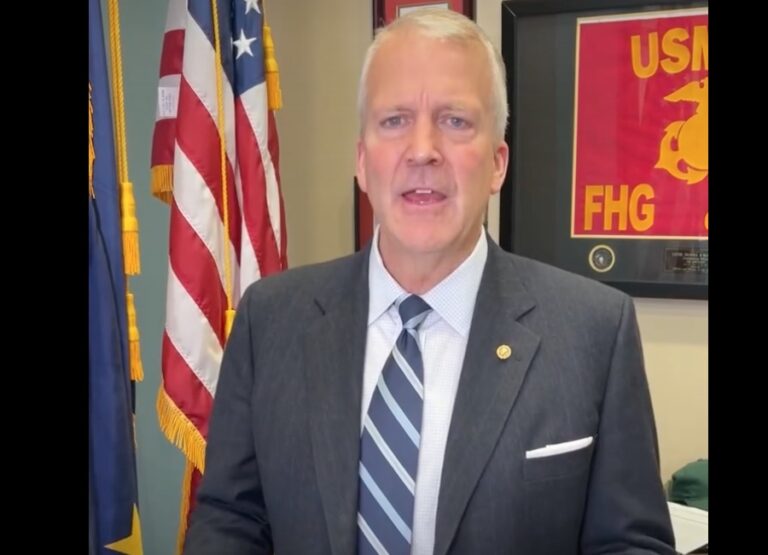By LINDA BOYLE
In preparing for our Alaska Covid Alliance Conference on Oct. 13-14, I’ve heard a few people say they are “so over Covid.”
Oh, if it were that simple.
Just snap your fingers and all this madness goes away. You’ll not have to worry about the effects of spike protein from the jab or the disease itself, or the effects of long Covid, or future attempts to control every aspect of your life. The government or World Health Organization would never read from the same playbook in the future, right?
It isn’t that simple.
The drums are being beat again, pushing for mask wearing, possible lockdowns, school closures, and new jabs to provide you with some sort of “immunity,” when the Covid virus is mutating faster than Big Pharma can react.
The president has promised to create a “vaccine” that will take care of all variants, so you won’t have to worry again.
Plus, the government is pushing everyone, including 6-month-old infants, to get the new jab, despite its questionable effectiveness.
We know masks don’t work to reduce virus transmission and the latest jab is only effective against a variant that comprises only 3% of the environment.
We know lockdowns did little if anything to stop the spread but were effective in destroying the economy, causing unemployment, dramatically affecting our children’s education, “causing political unrest, contributing to domestic violence, and undermining liberal democracy,” – according to a 2022 John’s Hopkins study. None of that will matter.
The World Health Organization has already begun its plans for the next go-around. WHO used Covid-19 to expand its control of governments worldwide and to push for the concept of “one-world government,” where it would take charge of more than your health. Nations would lose their sovereignty in this new world order.
To make this happen, the WHO is writing new, amended International Health Regulations that would allow the Director General of the WHO to declare a public health emergency and declare what must be done to resolve it worldwide.
WHO is relying on the MRC Centre for Global Infectious Disease Analysis to make its determination as to who has to lockdown and when. This center supports the modeler Dr. Neil Fergusun, who was wrong about the number of deaths from covid worldwide. Let’s look at his track record:
- In 2002, Ferguson predicted that, by 2080, up to 150,000 people could die from exposure to BSE (mad cow disease) in beef. In the U.K., there were only 177 deaths from BSE.
- In 2005, Ferguson predicted that up to 150 million people could be killed from the bird flu. In the end, only 282 people died worldwide from the disease between 2003 and 2009.
- In 2009, a government estimate, based on Ferguson’s advice, said a “reasonable worst-case scenario” was that the swine flu would lead to 65,000 British deaths. In the end, swine flu killed 457 people in the U.K.
- Last March, Ferguson admitted that his Imperial College model of the Covid-19 outbreak was based on undocumented, 13-year-old computer code that was intended to be used for a feared influenza pandemic, rather than a coronavirus. Ferguson initially declined to release his original code so other scientists could check his results.
This is the man, the prophet of doom, who the World Health Organization trusts to make future predictions for the entire world’s population.
No, Covid madness is not over. There is more fear coming your way sponsored by Big Pharma and the global elites, which include our very own government.
Did you lose someone from Covid? Did you have a “vaccine” injury? Do you have long Covid? Have you suffered neurological or vascular problems?
Do you want to learn more about what WHO and your government have planned for you? Do you want to learn more about technofascism and how to respond? Do you want to learn about how Covid policies can be used again in your future?
If so, the Alaska Covid Alliance Conference on Oct. 13-14 is for you! Join us!
Linda Boyle, RN, MSN, DM, was formerly the chief nurse for the 3rd Medical Group, JBER, and was the interim director of the Alaska VA. Most recently, she served as Director for Central Alabama VA Healthcare System. She is the director of the Alaska Covid Alliance.
Linda Boyle: CDC is not shooting straight on vaccine advice










